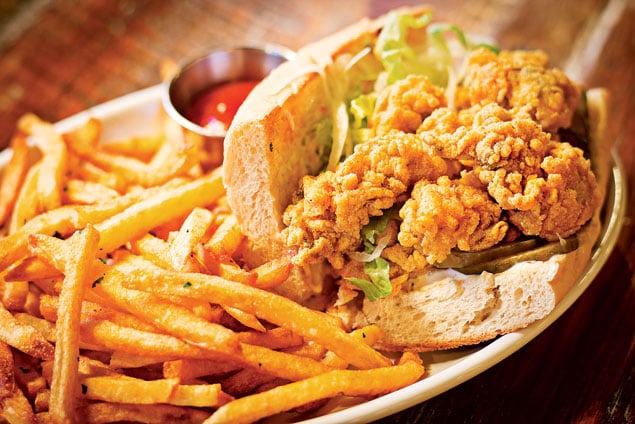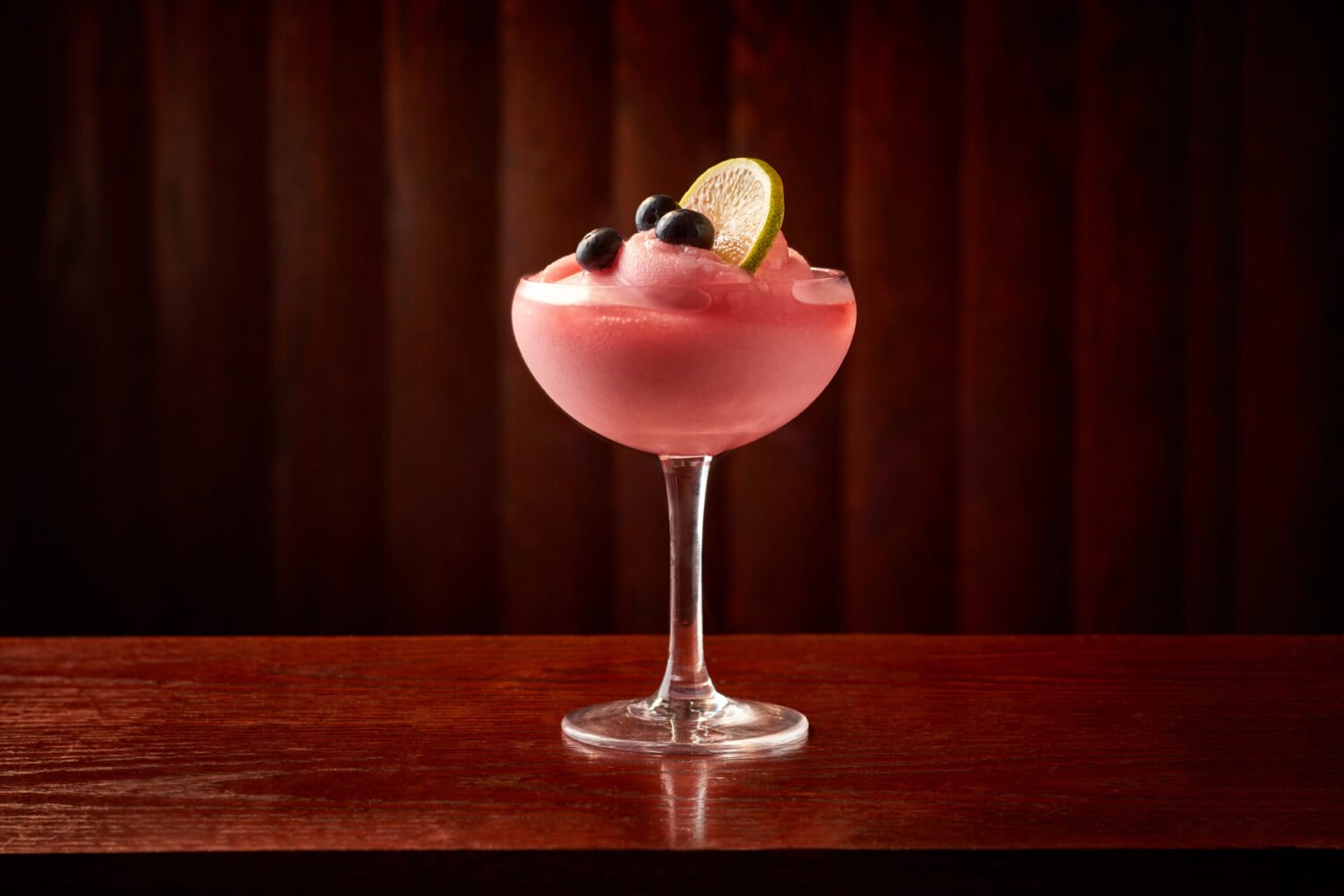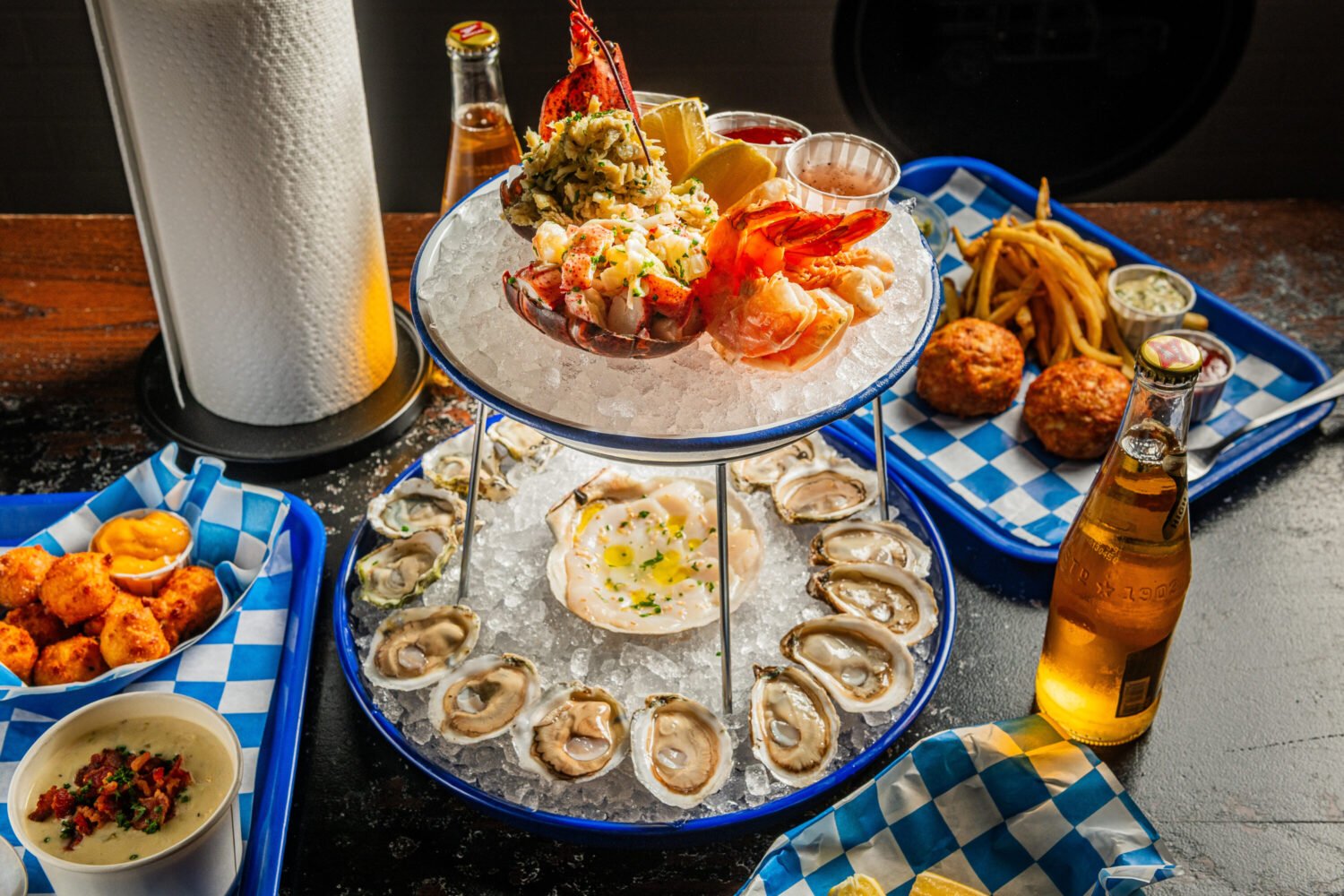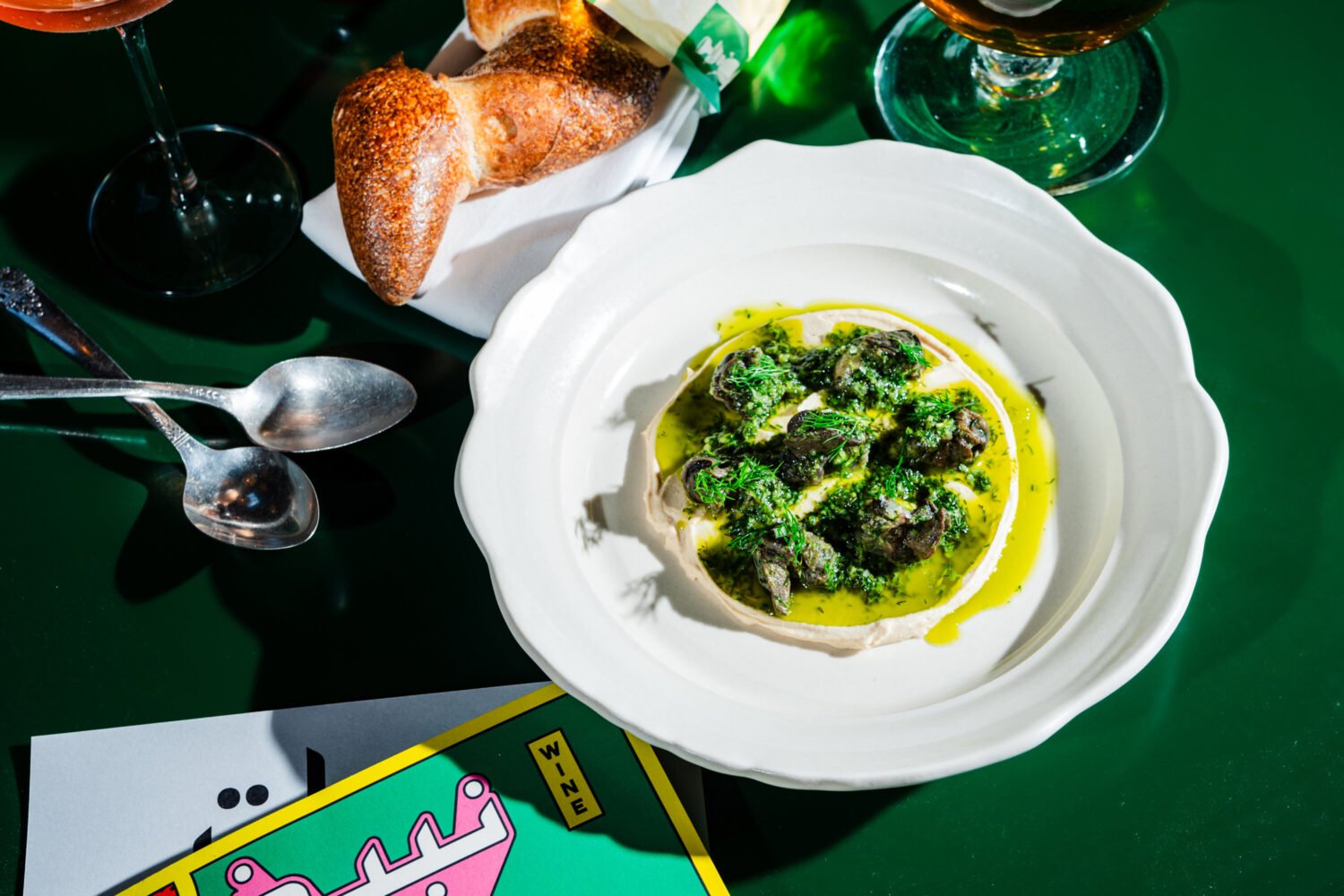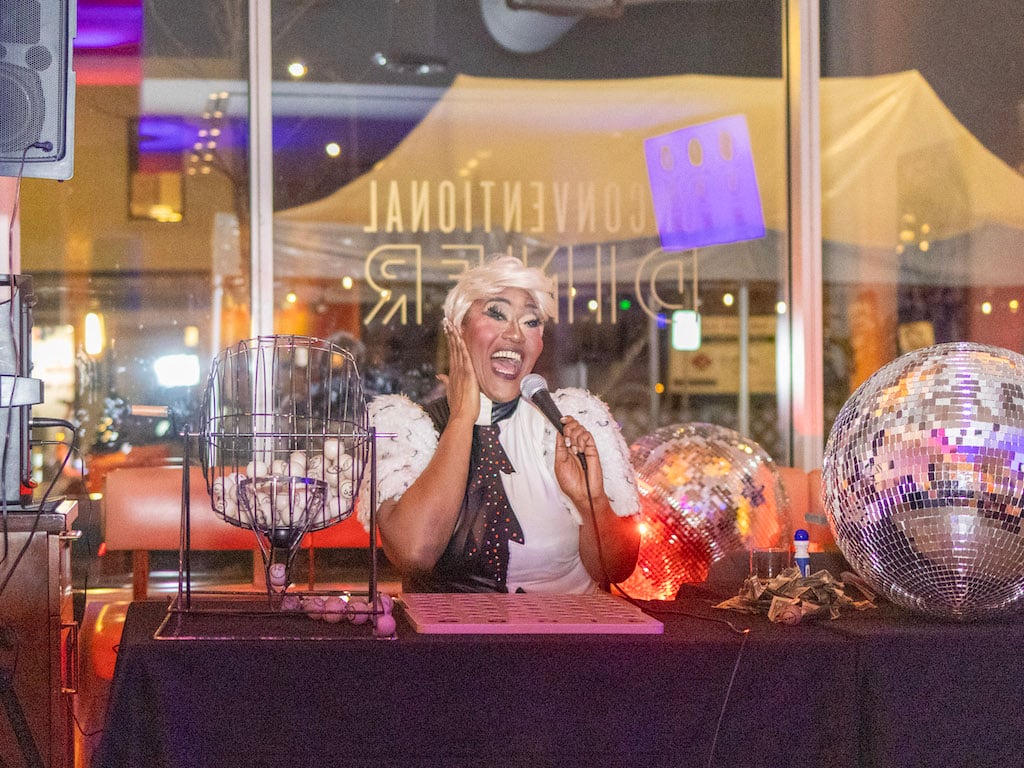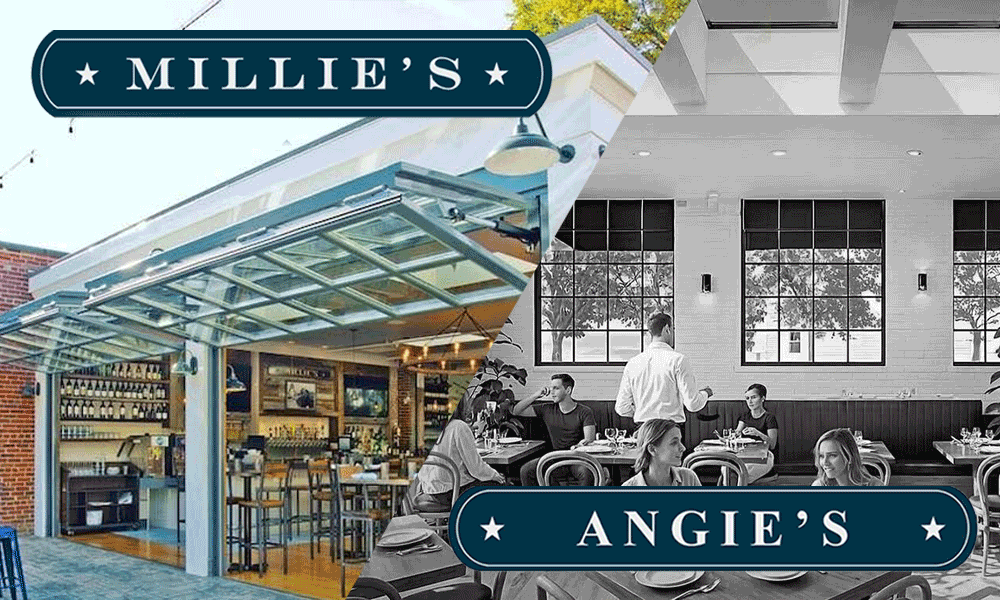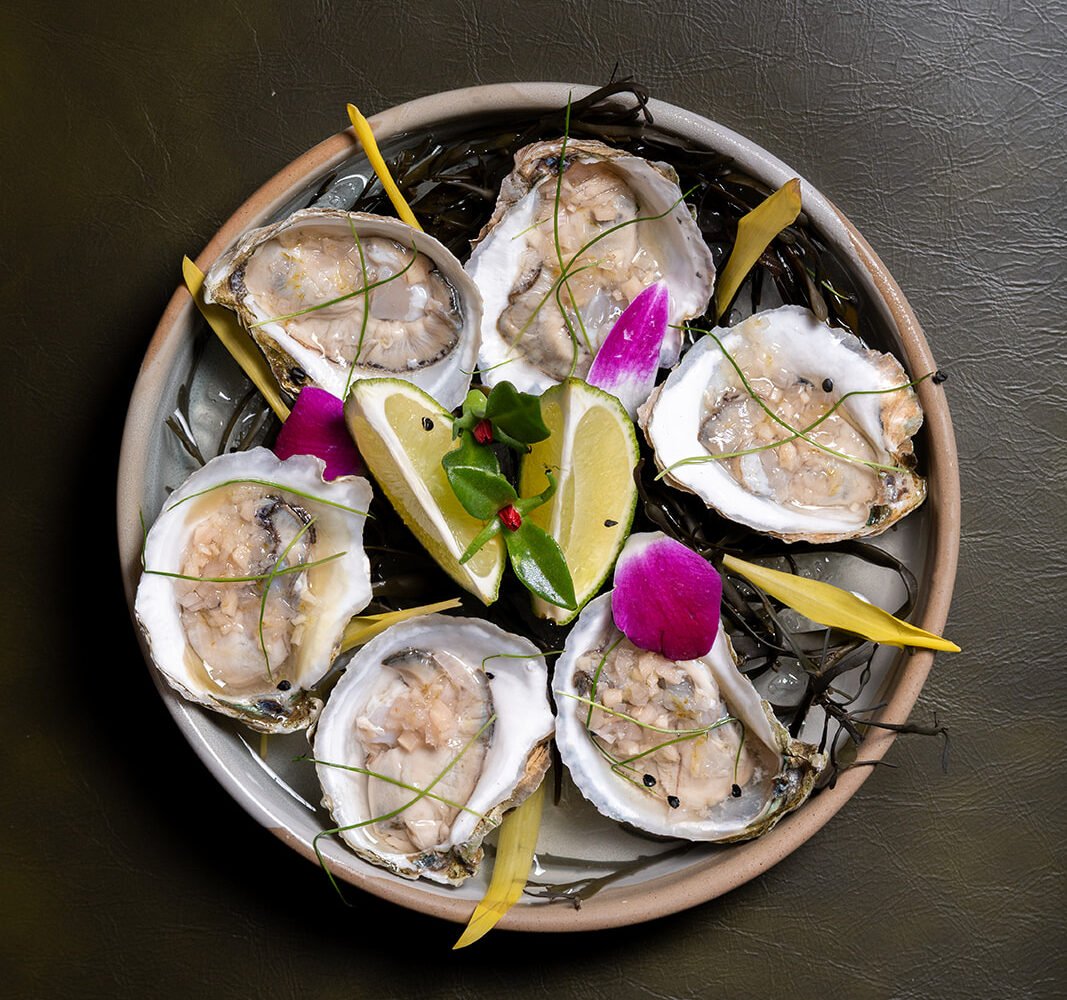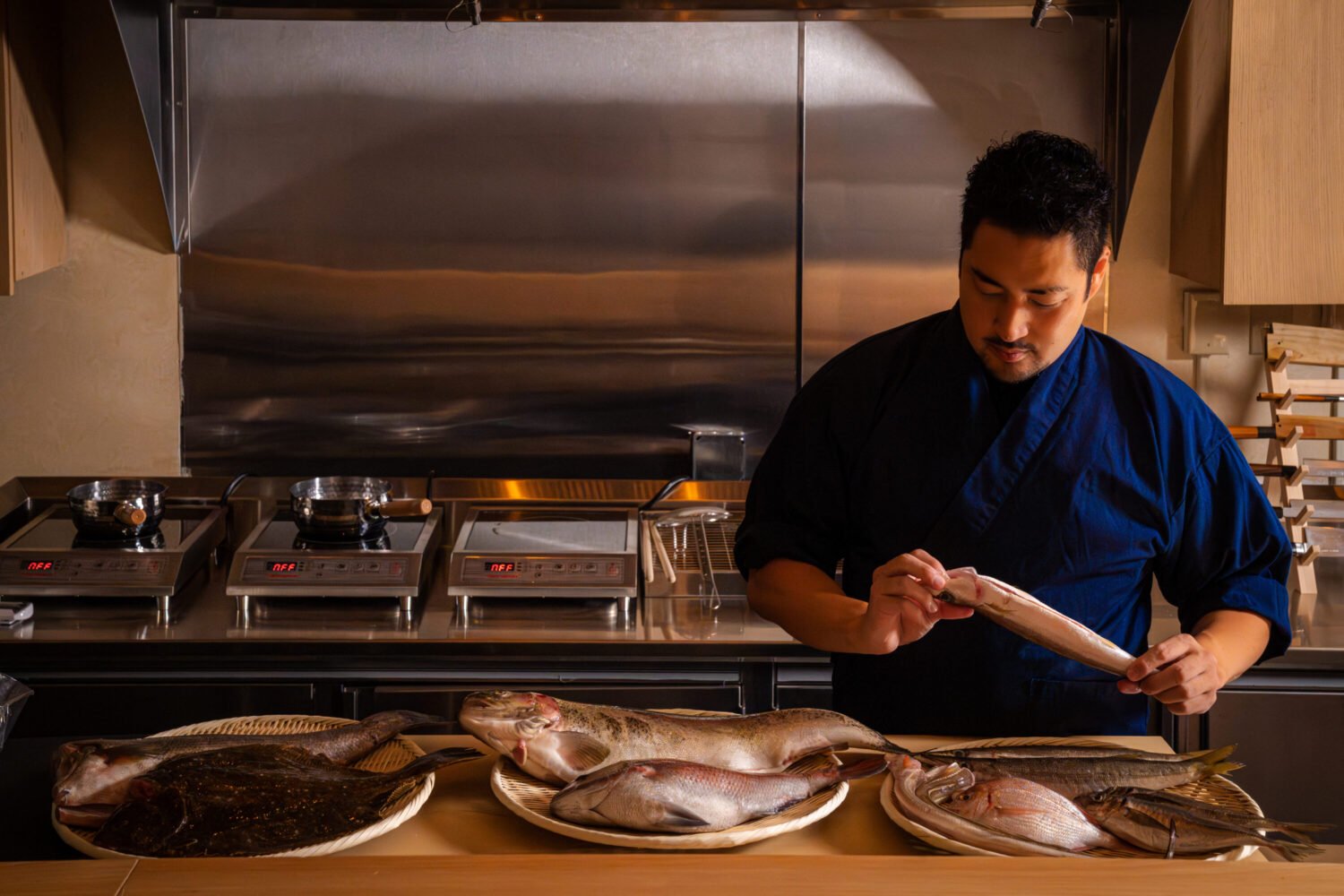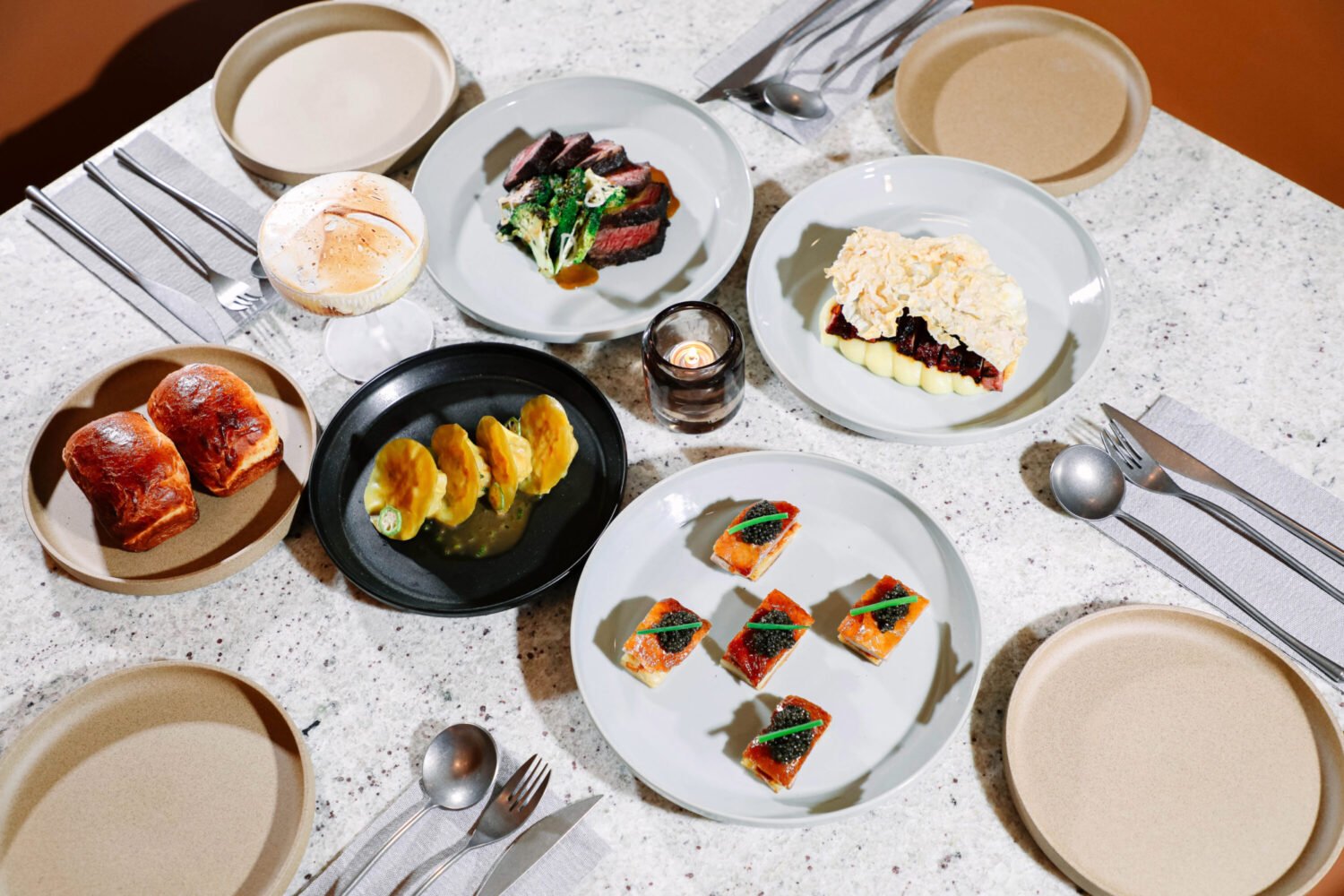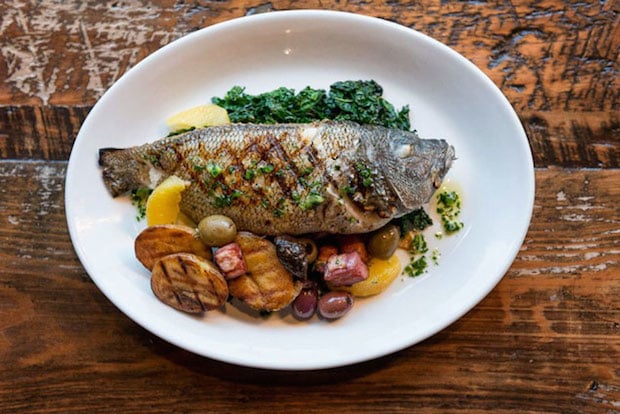About Republic
Jeff Black is the most protean of the area’s restaurateurs, blending chameleon-like into every new neighborhood in which he chooses to settle and subtly reinventing and rebranding himself in the process. His six restaurants might be united in their devotion to an experience that aims for the crowd-pleasing midpoint between a chef-driven operation and an amiable if impersonal chain, but they differ dramatically in the ways they present themselves.
BlackSalt, in DC’s Palisades, is a set piece of minimalist cool, a neighborhood restaurant for a neighborhood of million-dollar homes. Black Market Bistro, nestled in Montgomery County’s wooded Garrett Park, is a getaway without having to get away, a suburban oasis for traditionalists weary of faddish experimentation. Pearl Dive Oyster Palace helped establish the tone of DC’s new, gentrified 14th Street, Northwest—a stylized roughness, the kind of place that oozes detail at every turn but wants you to settle in and forget that you’re anywhere that’s trying.
With Republic, his latest, Black has jammed a flag into the arid soil of the restaurant desert that is Takoma Park. The name is an allusion to a joke familiar to locals (“the People’s Republic of Takoma Park,” a phrase poking fun at the leftiness of many residents), and the space, awash in repurposed wood and antiques, is either an homage to or a sly dig at the sort of house you might find in the neighborhood, a pastiche of mismatched eccentricities. Many of the design elements are ugly on their own (bordello-red banquettes, wallpaper from the turn of the last century, secondhand-looking Art Deco chairs), but they add up, improbably, to the kind of tavern or cafe you might turn up in Baltimore or Richmond or, closer to home, along the District’s H Street, Northeast: a place of unforced character and charm.
This sort of aesthetic is almost second nature to DC restaurateur Joe Englert, that purveyor of slouchy hipster cool, but for the maven of middlebrow it represents a remarkable stretch. Or maybe it’s just an acknowledgment that Takoma Park and Palisades are two dramatically different places.
But if the space is a bold departure, the menu is not. You may feel as if you’ve been here before even if you haven’t. Black tapped Danny Wells, the founding chef at Pearl Dive, to reprise that role here, and the two have raided just about every corner of the Black empire to flesh out their vision of Republic. As at BlackSalt, Pearl Dive, or Black’s Bar & Kitchen in Bethesda, you’re sort of missing the point here if you don’t start off a meal with an iced tray of oysters on the half shell (there are four to seven kinds daily, including varieties from both East and West Coasts) and chase it with a craft cocktail, like the Fascist Killer, a potent brew of bourbon, Green Chartreuse, and the Italian digestif Amaro Averna. The smoky, wood-grilled sardines spritzed with lemon are lifted from BlackSalt. Even dishes without an obvious provenance—such as a plate of flounder with cauliflower purée and braised endive—have an uncanny familiarity about them.
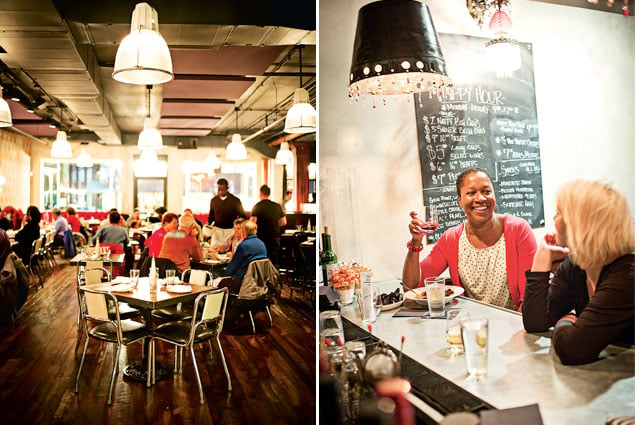
The tab for this fish-and-two is $21, a rare example of good value at a time when the ocean’s harvest has become prohibitively expensive for many restaurants and the fashion is to charge extra for sides, not to mention proof of what a chef with multiple operations can deliver if he chooses. That buying power isn’t the only benefit Black and Wells are able to pass on to their customers; Black also employs a full-time fish buyer, who inspects product daily at the docks and negotiates deals based on high volume.
You may not find novelty or thrills at a Black restaurant, but you will find impeccably fresh, high-quality seafood. The rule of thumb at other outposts also applies here: The less done to the dish, the better. A tray of sweet, plump Chelsea Gem oysters from Washington state, perfectly shucked. A tapenade of smoked tuna and olives. An oyster po’ boy that showcases crisp frying and an ideal condiment in the form of sweet, crunchy bread-and-butter pickles, made in-house.
The busier the preparation, the iffier the result. A Portuguese seafood stew is a bountiful pot of shrimp, mussels, and clams, all of it well cooked and sweet. The problem is a broth that lacks the lustiness and body to turn the dish into something more than a collection of individually tasty items. The swordfish is served in a thin, not-steak-like piece and, on the night I had it, was dry. Even if it hadn’t been overcooked, though, I’m not sure its flavor would have been enough to stand up to the bitterness, smoke, and fat of its bed of sautéed greens and pancetta.
In singling out Black and Wells for praise when it comes to their prices (no dish tops $24), I’d be remiss if I didn’t point out that they maximize their money at the front end (with drink prices comparable to those of top-tier restaurants) and, even more egregiously, at the back: I ended one night with a carrot cake only slightly bigger than a matchbox, along with a tiny dollop of dulce de leche ice cream. The cost: $9. It was the same price for two Kit Kat-like logs of chocolate with cream that edged dangerously close to butter and stiff, chewy panes of hazelnut brittle.
Republic is already the best restaurant in Takoma Park, but that’s not saying much. Residents (I used to be one) tend to be pretty forgiving of their establishments, grateful simply for a decent place to gather with friends. The fact that Republic is much more than decent has already brought it an enthusiastic audience—the no-reservations dining room and bar have been packed nearly every night. The hope is that Black can not only sustain the level he has reached but, in the absence of competition to push him, continue to make the improvements necessary to turn Republic into a regional draw, in the same way Pearl Dive and Black Market Bistro are. To do so, he’ll have to do something he isn’t accustomed to: He’ll have to ignore his instincts to act the chameleon. He’ll have to rise above, not fit into, the neighborhood.
This article appears in the March 2014 issue of Washingtonian.

